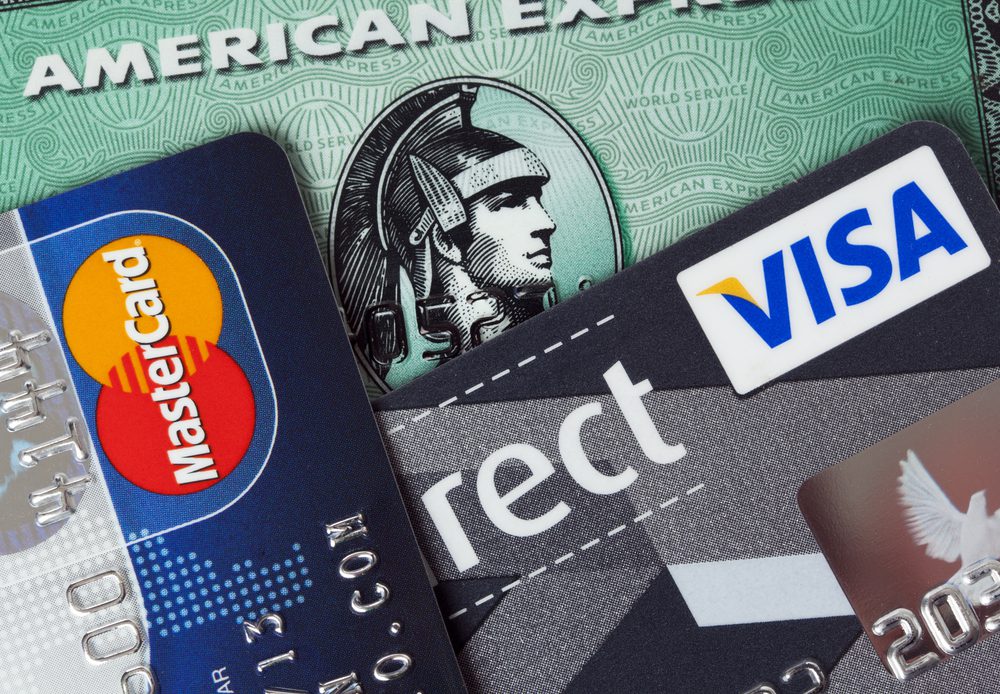
New Year budgeting step-by-step:
2024 flew by, and while we’re being caught in writing down all the things we did this year and writing a new to-do list for the year that comes, it’s important to also consider reviewing our budget. The end of the year should be a great opportunity to consider what financial goals you have for 2025 and what you can do to make sure you will also accomplish them as much as possible.
While you can’t predict what will happen, you can still consider creating an emergency fund or trying the envelope method to save more in the long run.
You completely forgot to think about budgeting while you’re enjoying the end-of-year holidays? You’re not the only one, but don’t worry! Now is a good time to make a budget if you don’t have one!
So, without further ado, let’s take a look together at some of the best steps for New Year budgeting success, recommended by experts.

Start with your goals in mind
Invest, get that house insurance, think about retirement funds, get a side gig if time allows you, or finally start creating that emergency fund you have been talking about since the beginning of the past year because you never know what might happen in this economy; these are just some of the things you may think of doing next year. So make sure you write them down. Or maybe you had a good budgeting plan last year that you want to continue following. That’s great!
Or maybe you have some exciting, fresh new goals that differ considerably from those of the previous year. You’ll likely need to make significant adjustments to your budget if you want to take a longer than five-day vacation far from home, are considering downsizing, or want to change your career path, for example. Another big change that could affect your budget is if you plan to retire in 2025.
This New Year budgeting plan is going to help you have realistic goals that match your finances. Try and be as honest as possible with yourself and your partner (if you have one) regarding these plans. It’s better to set realistic goals rather than be disappointed by the end of the year that you haven’t accomplished not even 15% of what you’ve planned.
Pinpoint last year’s numbers
I hope you reached this far with the reading and you didn’t give up because it seems too overwhelming. It’s not easy, that’s for sure, but creating a New Year’s budgeting plan will help you more than you can imagine.
As I previously mentioned, having a clear picture of your last year’s budget plan can guide you through 2025 as well. If not, having monthly statements from your credit card (if you have one) or your bank is also good to help you visualize how much you actually spend.
What do your monthly needs say?
When you do your New Year’s budgeting plan, it’s important to ask yourself this question: “What are my monthly needs, and what things I can easily get rid of to save more money?” But if your objectives for this year don’t align with the budget from the previous year, it’s time to adjust.
Divide the yearly cost of your objectives by twelve. You now understand how much money you must set aside each month to meet those objectives. It’s better to use a budgeting app to keep track of everything easier, or the old-school way by using a pen and a piece of paper.
Write everything you plan on spending money on for each month of the year. After that, compare the amount with the one from the previous year. If they don’t match, see what you can do to accommodate all the needs, especially if you don’t anticipate big financial changes (like a new job) in 2025.
It will be tough to make a decision, but it’s important to be gentle with yourself. Take the time you need to make the right adjustments.
Develop a plan for the weekly spending too
It may seem a bit far-fetched, but among the steps for New Year budgeting success, it’s also important to take a look at your weekly spending. Why? Because the same as the monthly spending, the weekly spending will affect the budget in the long run.
Although this is an optional step, I’d recommend you consider it. Additionally, if you are confused about how to start, begin gradually in January and take time every week to record and review your purchases. Then, continue!
Nevertheless, if you find yourself terrified of the weekly financial check-in, consider going the easy way and focusing on tracking your budget once a month.

Think about the tax season
Tax season is approaching faster than we think, and unfortunately, Uncle Sam is watching closely and accepting no mistakes. Therefore, we have to be prepared. So while you’re doing the New Year budgeting plan, don’t forget to also include tax planning on the list.
For instance, if you consistently receive a large refund, it can indicate that you’re living on less money all year long. You can easily take charge of your future by learning when and how to review your W-4, the form you complete and give to your employer (applicable to those who are still employed at the moment), and you can either keep more of your paycheck or pay less in taxes if you change the withholdings on your W-4.
Don’t forget about the extra funds for rainy days
Yeah, I don’t like to talk about this either, but with this unstable economy, we have to be prepared for everything. Over one year there will be unexpected expenses and having a fund for rainy days will help you a lot. A standard recommendation is to save three to six months’ worth of living expenses in a regular savings account, though each person’s circumstances are unique. If that’s too much for you, try to reach a $1,000 target or maybe your home and/or auto insurance deductibles.
Looking to save more money in the year that comes, but you don’t know where to start? Why don’t you try the 100 Envelope Challenge? It’s fun and easy to use by everyone, including kids, and by the end of the challenge, you will be amazed at how much you managed to save. Get the kit from Amazon for just $5.
Bottom line:
Don’t forget to review your budget once in a while because you may have had a budget in mind at the beginning of the year, but your needs may change once the year gets rolling. A lot of things can change; maybe you decide you will take a loan for a new house, or you have a couple of debts you want to pay off because you want to start saving for that long-awaited vacation in the Maldives. Budgeting isn’t the same for everyone, so you should never listen to those who say if you don’t save at least $300 per month, you won’t achieve your goals. That’s not true!
I really hope these tips will help you get a head start on your budgeting plan for 2025 to make it as suitable as possible for you and your family’s needs. For any additional questions, we are here to help.
Now tell us, how do you plan on managing your finances in the next year? Write it in the comments section.
…psst! Are you interested in having a frugal 2025 and being absolutely debt-free? Then you’re going to like this article: 12 Debt-Free Lifestyle Habits You’ll Want to Copy TODAY.









